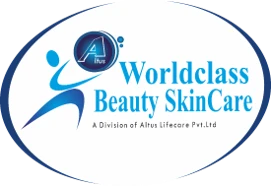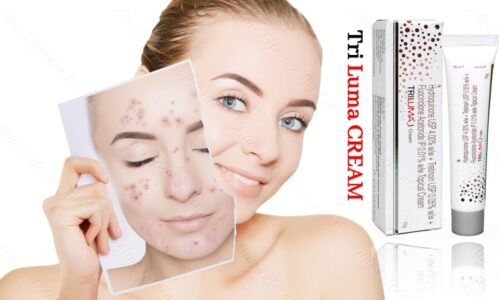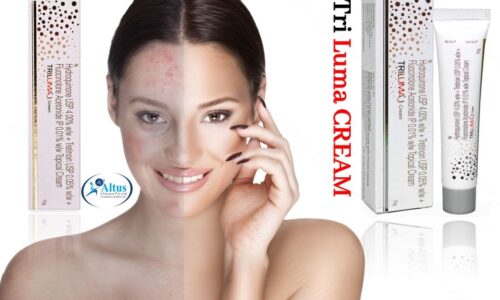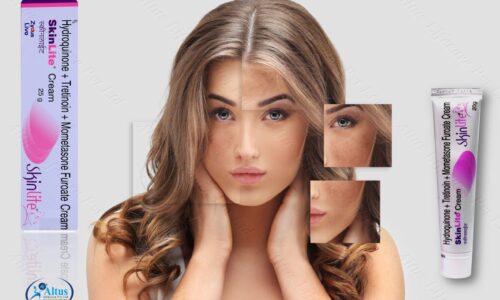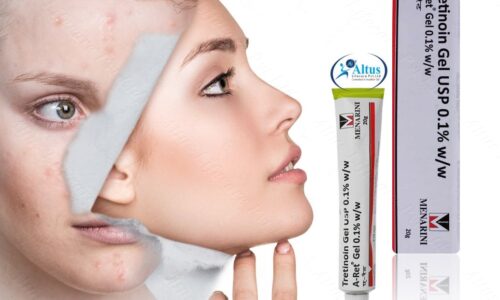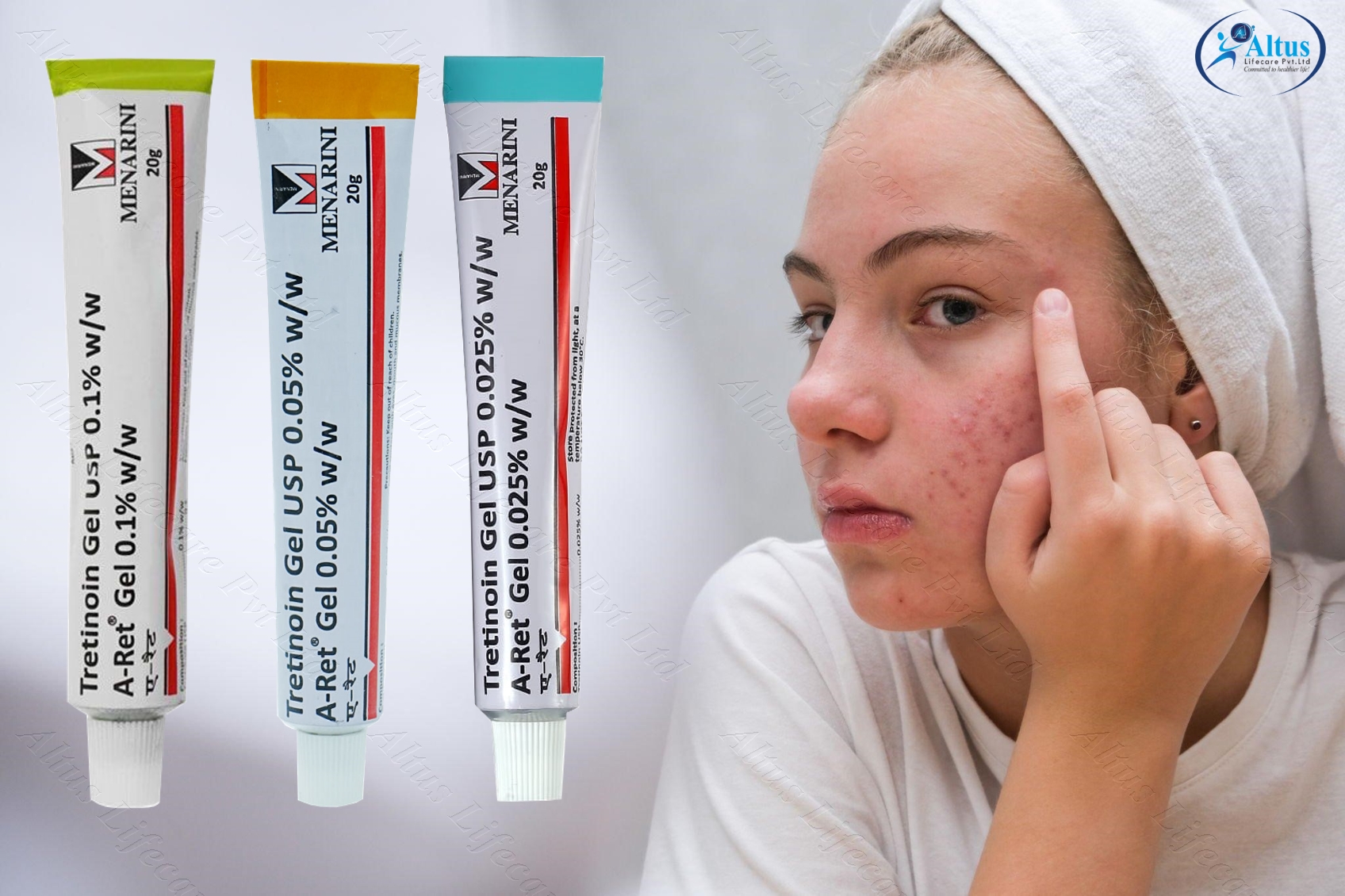
The #1 Acne Treatment They Don’t Want You to Know About – Shocking Results!
If you’ve been struggling with persistent acne, you’re not alone. Acne, a prevalent dermatological concern, has the potential to impact individuals across all age groups. However, the good news is that with the right approach, you can bid farewell to those pesky pimples and achieve clear, glowing skin. In this comprehensive guide, we’ll take you through effective treatments and strategies to help you attain complexion perfection.
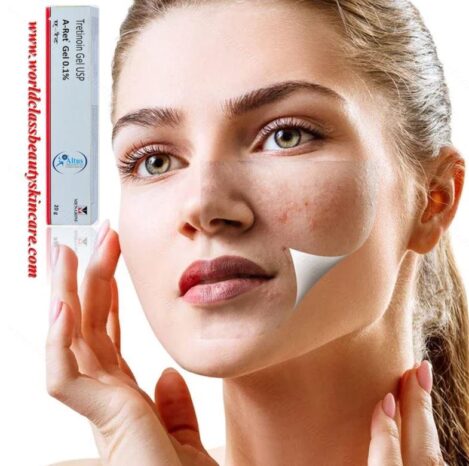
Understanding Acne: The Basics
Before diving into treatments, it’s essential to comprehend the root causes of ac-ne. When oil and dead skin cells congest hair follicles, it leads to the development of ac-ne. Various factors can contribute to this, including genetics, hormonal fluctuations, and lifestyle choices.
The Importance of a Consistent Skincare Routine
A vital step in your journey towards clear skin is establishing a consistent skincare routine. Here’s a breakdown of the essential components:
Cleansing
Initiate and conclude your daily skincare routine by applying a mild cleanser, effectively eliminating dirt, surplus oil, and impurities from your skin. Opt for a sulfate-free cleanser to prevent over-drying.
Exfoliation
Regular exfoliation using products with salicylic acid or glycolic acid can unclog pores and remove dead skin cells, preventing future breakouts.
Moisturizing
Even if you have oily skin, moisturizing is crucial. Seek out moisturizers that are free of oils and non-comedogenic to ensure your skin stays well-hydrated without the risk of pore blockage.
Targeted Treatments
When dealing with ac-ne, it’s essential to use targeted treatments that address your specific skin concerns. Here are some effective options:
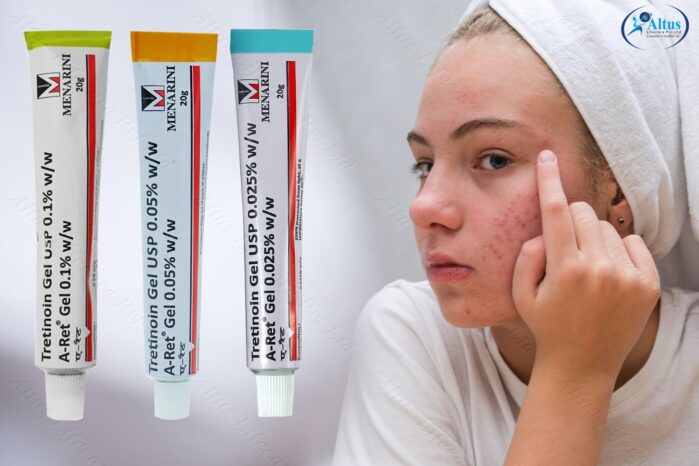
Benzoyl peroxide
Benzoyl peroxide is a potent ingredient that kills ac-ne-causing bacteria and reduces inflammation. It’s available in various formulations, from spot treatments to cleansers.
Retinoids
Retinoids, like tretinoin, are excellent for promoting skin cell turnover and preventing clogged pores. They can be a bit harsh, so use them as directed by a dermatologist.
Topical Antibiotics
If your ac-ne is associated with bacterial infections, topical antibiotics can help clear your skin. These products work by killing bacteria on the skin’s surface.
Professional Help
Sometimes, over-the-counter products may not be enough to combat severe ac-ne. In scenarios like these, it becomes imperative to reach out to a qualified expert for assistance. Dermatologists can offer various treatments, including:
Oral Medications
Oral antibiotics or hormonal medications may be prescribed to control ac-ne, especially when it’s related to hormonal imbalances.
Chemical Peels
Chemical peels performed by dermatologists can exfoliate the skin deeply, reducing the appearance of ac-ne scars and promoting a smoother complexion.
Lifestyle and Dietary Adjustments
In addition to skincare and treatments, lifestyle and dietary changes can play a significant role in managing ac-ne. Consider the following:
Diet
Limit your consumption of sugary and processed foods, as they can exacerbate ac-ne. Opt for a well-rounded diet that abounds in fruits, vegetables, and whole grains instead.
Stress Management
Stress has the potential to initiate hormonal disruptions that can result in the onset of acne. Incorporate stress-reduction techniques like yoga, meditation, or regular exercise into your routine.
Hydration
Drinking plenty of water keeps your skin hydrated and may help flush out toxins that contribute to ac-ne.

Conclusion
In your quest for clear, blemish-free skin, consistency is key. Maintain a regular skincare routine, use targeted treatments, and consult a dermatologist when necessary. By incorporating these strategies and making positive lifestyle choices, you can transform your skin from pimples to perfection. Wave farewell to ac-ne and welcome the arrival of a luminous, vibrant complexion!
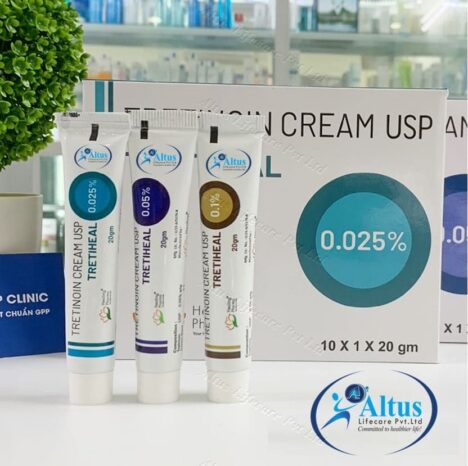
FAQ:
1. What causes ac-ne, and why is it so common?
- It is primarily caused by factors like genetics, hormonal fluctuations, excess oil production, and clogged pores. It’s common because these factors can affect people of all ages and skin types.
2. What are the different types of ac-ne, and how can I identify them?
- It may appear in diverse presentations, such as comedones, papules, pustules, and even cysts. Identifying them involves understanding the appearance and characteristics of each type.
3. Does diet play a role in acne?
- Diet can influence ac-ne for some individuals. Consuming a balanced diet with minimal processed foods and dairy may help manage ac-ne for some people, but the impact varies from person to person.
4. How can I establish a daily skincare routine to prevent and treat acne?
- Creating an effective skincare routine involves cleansing, exfoliating, moisturizing, and using suitable products with ingredients like salicylic acid or benzoyl peroxide. Customize your regimen according to your specific skin type.
5. Can lifestyle changes really help with acne?
- Yes, lifestyle changes can significantly impact ac-ne. Managing stress, getting adequate sleep, staying hydrated, and incorporating regular exercise can contribute to clearer skin.
6. When should I consider professional acne treatments, and what are my options?
- If non-prescription remedies fail to yield results, seeking guidance from a dermatologist is recommended. Professional treatments may include chemical peels, microdermabrasion, or laser therapy, depending on the severity of your ac-ne.
7. Are there any home remedies or natural treatments for acne that work?
- Some natural remedies like tea tree oil and aloe vera may help with mild ac-ne, but their effectiveness varies. Always consult with a dermatologist for severe or persistent ac-ne.
8. Is it true that poor hygiene causes acne?
- Poor hygiene alone is not a direct cause of ac-ne. However, regular cleansing and skincare practices are essential for preventing ac-ne by keeping pores clear of excess oil and dirt.
9. Is it safe to pop pimples or squeeze acne lesions?
- Squeezing blemishes can result in the development of scars and increased inflammation. It’s best to avoid squeezing ac-ne lesions and instead rely on proper skincare and treatment methods.
10. How long should I expect it to take to see results from acne treatments? – The timeframe for seeing results varies depending on the treatment used and the individual’s response. It can take several weeks to months to achieve significant improvements.
11. Can I use makeup to cover up acne, or will it make it worse? – You can use makeup to cover ac-ne, but choose non-comedogenic products that won’t clog pores. Always remove makeup before bedtime and maintain a clean skincare routine.
12. Is it possible to achieve clear skin permanently, or is acne a lifelong battle for some people? – Achieving clear skin is possible for many people, but ac-ne can be a recurring issue, especially during hormonal changes. Consistent skincare and lifestyle habits can help maintain clear skin.
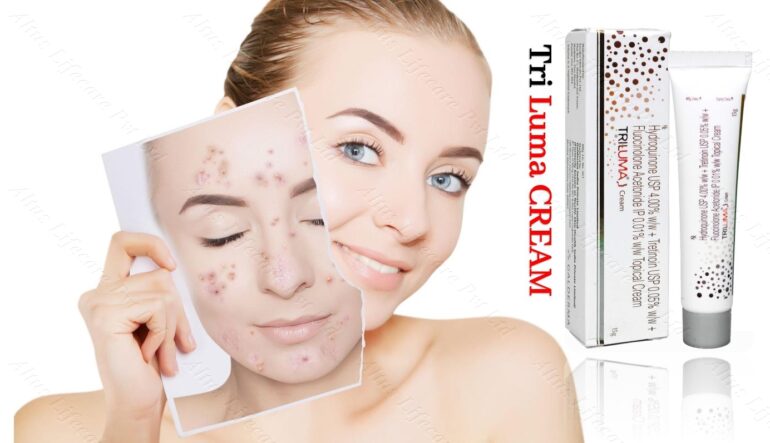
Access Now: Tretinoin Cream – World Class Beauty Skincare
